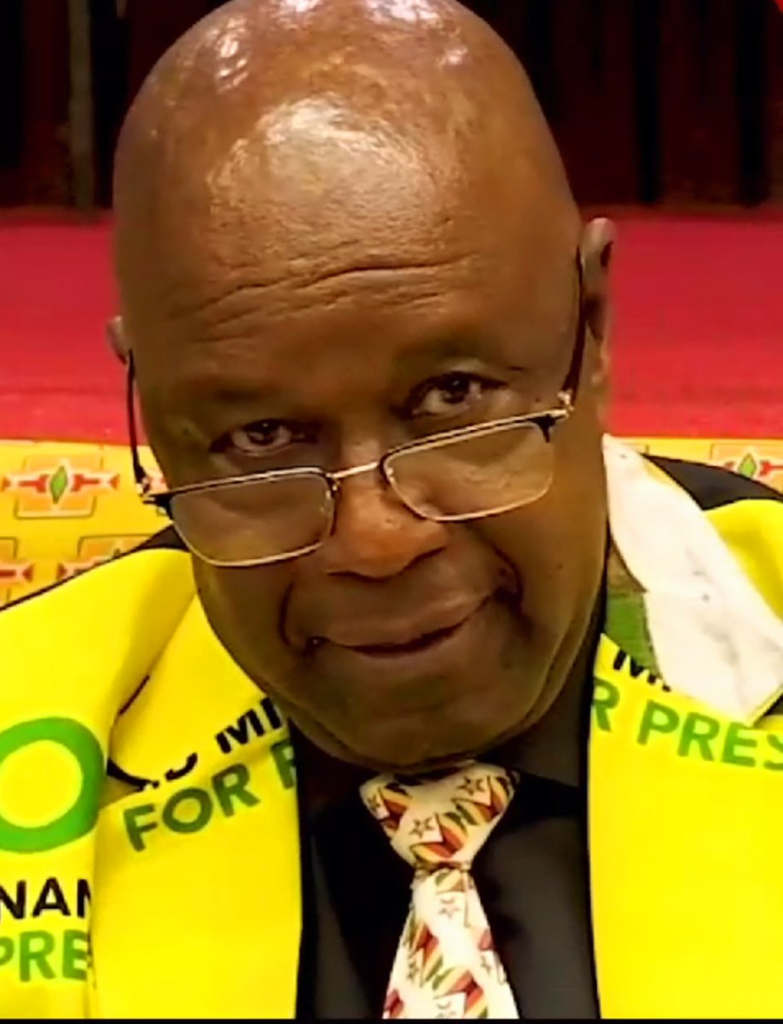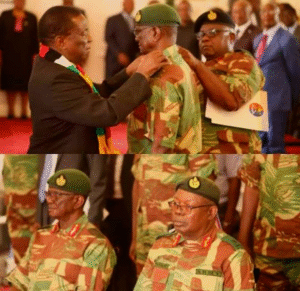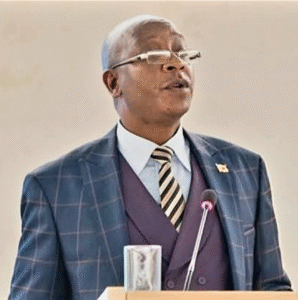ZIMBABWE’S GOLDEN HEIST: UNPAID GOLD RESERVES SOLD TO MIDDLE EASTERN COUNTRY

Zimbabwe is grappling with a major scandal involving its gold reserves that were reportedly sold to a Middle Eastern country without any payment being made, as revealed by Zanu PF spokesperson Chris Mutsvangwa. This alarming disclosure was made during a press conference at the ruling party’s headquarters in Harare, where Mutsvangwa indicated that the sale was a desperate measure to obtain United States dollars amid crippling Western sanctions.
The saga of the unpaid gold reserves represents a significant national crisis, where the precious metal was essentially given away during a period of economic distress, leaving the nation bereft of both its gold and the expected foreign exchange. This has been described as a grand heist against the state—a scandal of considerable proportions that underscores the gravity of governance and accountability issues in Zimbabwe.
While Mutsvangwa refrained from naming specific individuals involved, he suggested that this questionable transaction took place under the administration of the late former President Robert Mugabe and hinted at the involvement of a past governor of the Reserve Bank of Zimbabwe (RBZ). This period coincides with the tenure of several RBZ governors who served after economic sanctions were imposed in 2002, including Leonard Tsumba, Gideon Gono, and John Mangudya, among others. The finance ministers during this era, such as Simba Makoni and Patrick Chinamasa, also oversaw the operations of the RBZ, further complicating the matrix of accountability.
Given the severity of the allegations and the mystery surrounding the precise identities of those involved, there is a pressing need for clarity and transparency. The withholding of names and specifics contributes to public speculation and distrust, undermining efforts to address and rectify the situation. Moreover, the international implications of this incident, involving an unnamed Arab nation, add layers of diplomatic sensitivity and complexity to the issue.
Mutsvangwa’s call for secrecy in this matter does not serve the public interest. Instead, it shields potential wrongdoers and delays the process of justice and recovery of the nation’s assets. The international community, represented by bodies such as the International Monetary Fund, which monitors such transactions, and external auditors like Deloitte & Touche and KPMG, should be compelled to take a more active role in investigating these claims.
The lack of payment for the gold has deprived Zimbabwe of crucial resources needed to ameliorate its ongoing economic troubles. The country’s struggles with cash shortages, high inflation, and other socioeconomic challenges are well-documented, making the recovery of these assets a matter of national urgency.
Identifying the country that allegedly took possession of the gold without compensation is vital. Such information would enable Zimbabwean authorities and international media to demand answers and possibly facilitate negotiations to recuperate the lost funds or assets. Media outlets, including The NewsHawks, are poised to question the leaders of the involved nation, seeking accountability and reparations for Zimbabwe.
This scandal highlights the broader issues of corruption and mismanagement that have plagued Zimbabwe for decades. The unfolding drama not only demands immediate attention but also calls for a systemic overhaul of how the country manages and protects its resources. For the citizens of Zimbabwe, the resolution of this matter is crucial. It represents not just the recovery of stolen assets but a step toward restoring faith in their leaders and institutions.
As the situation develops, it remains to be seen how the government will address these serious allegations and work toward safeguarding the nation’s wealth. The people of Zimbabwe deserve transparency, accountability, and most importantly, justice. The international community must also play its part in ensuring that such transgressions do not go unchecked, helping to uphold the principles of sovereignty and economic integrity in global relations.




